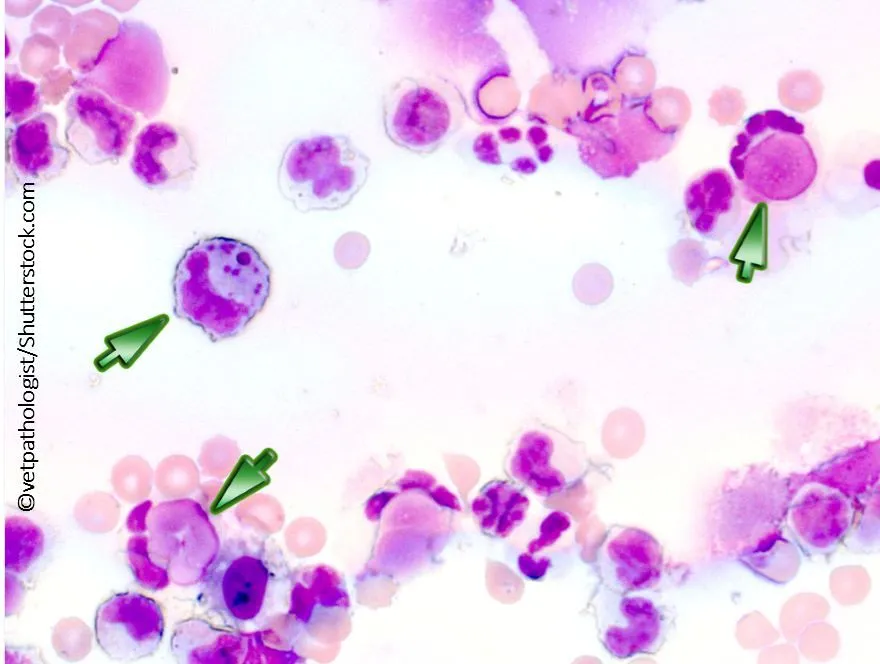Lupus Insights: Low-Dose CAR-T Efficacy in Pediatric Systemic Lupus Erythematosus

New Era in Lupus Treatments
Low-dose, CD19-targeted chimeric antigen receptor (CAR) T-cells were well-tolerated and showed efficacy in pediatric patients with systemic lupus erythematosus (SLE). Recent data presented at The American Society of Nephrology (ASN) Kidney Week 2024 indicates that CAR T cell therapy shows promise for SLE treatment, especially in children. Researchers from Zhejiang University have made remarkable advancements, demonstrating solid responses in this vulnerable group.
Study Overview
A phase 1/2 study (NCT06222853) involving MC-1-50 CAR T cells assessed 11 pediatric participants between doses ranging from 0.3×10^5/kg cells to 3×10^5/kg cells. It was reported that grade 1 cytokine release syndrome (CRS) occurred in 81.8% of participants, while two experienced grade 1 immune effector cell-associated neurotoxicity syndrome (ICANS). Notably, no serious adverse events were documented.
- Five patients showed follow-up of over three months.
- Four achieved Systemic Lupus Erythematosus Responder Index (SRI-4) responses.
- All participants exhibited varying levels of improvement.
This pivotal research is adding crucial data on CAR T-cells for pediatric SLE treatment and provides a glimpse into the future of lupus therapies.
Pioneering Research in the Lupus Field
Kyverna Therapeutics is furthering exploration in CAR T-cell treatments, recently presenting findings related to interventions for myasthenia gravis and lupus nephritis. The mixed results prompt deeper investigations into treatment durability, addressing factors that influence patient responses in the long term.
This article was prepared using information from open sources in accordance with the principles of Ethical Policy. The editorial team is not responsible for absolute accuracy, as it relies on data from the sources referenced.